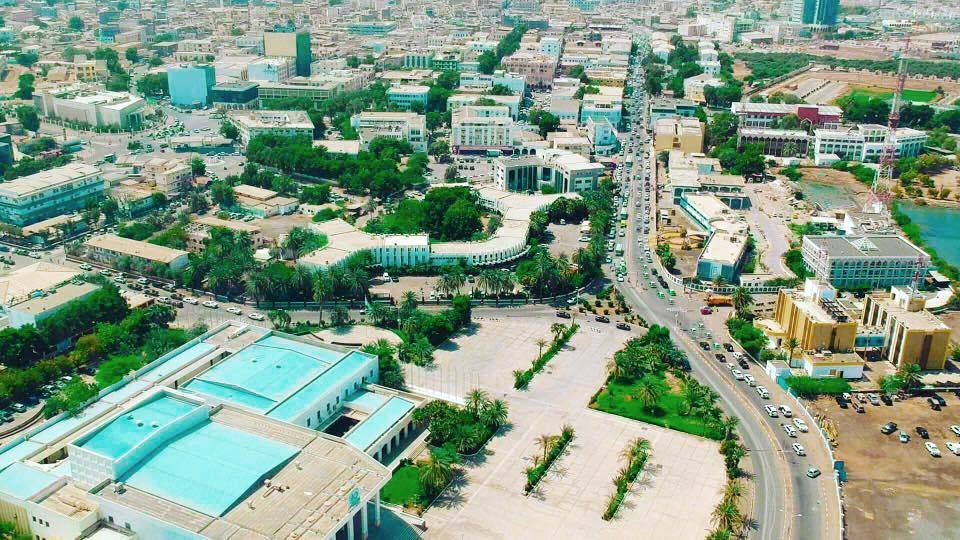providencemarianwood.org – Djibouti, a small nation strategically located at the mouth of the Red Sea, has carved out a unique economic niche for itself in the Horn of Africa. Its economy is primarily driven by its status as a key maritime and logistics hub, leveraging its strategic location to facilitate trade between Africa, the Middle East, and Asia. This article delves into the trade dynamics and infrastructure developments that underpin Djibouti’s economic landscape.
Strategic Location and Trade Dynamics
Djibouti’s economy is heavily reliant on its role as a re-export and transit center. The country hosts one of the busiest ports in Africa, the Port of Djibouti, which handles a significant portion of Ethiopia’s trade, given that landlocked Ethiopia is one of the fastest-growing economies in the region. This reliance on transit trade underscores the importance of Djibouti’s strategic location, which has positioned it as a critical gateway for regional trade.
The government of Djibouti has actively pursued policies to enhance its role as a trade hub. This includes diversifying its economic base by attracting foreign investment, particularly in the logistics and infrastructure sectors. The country has also invested in expanding its port facilities and developing free trade zones to further boost its trade capabilities.
Infrastructure Development
Infrastructure development has been a cornerstone of Djibouti’s economic strategy. The government has invested heavily in modernizing and expanding its port facilities, airports, and road networks to enhance its logistics capabilities. The expansion of the Port of Djibouti, for instance, has significantly increased its capacity to handle container traffic, making it one of the most advanced ports in Africa.
The Djibouti International Free Trade Zone (DIFTZ) is another testament to the country’s commitment to infrastructure development. Established to attract foreign investment and boost trade, the DIFTZ offers numerous incentives to businesses, including tax exemptions and streamlined customs procedures. This initiative has not only contributed to the diversification of Djibouti’s economy but has also positioned the country as a regional hub for manufacturing and logistics.
Challenges and Opportunities
Despite its strategic advantages and infrastructure investments, Djibouti faces several challenges that could impact its economic growth. The country’s heavy reliance on transit trade makes it vulnerable to regional instability and fluctuations in the Ethiopian economy. Additionally, Djibouti’s high levels of public debt, incurred largely through infrastructure projects, pose a risk to its fiscal stability.
However, Djibouti’s strategic location and ongoing infrastructure development projects present significant opportunities for future growth. The country’s efforts to diversify its economy, coupled with its commitment to enhancing its logistics capabilities, could further solidify its role as a key trade and logistics hub in the Horn of Africa.
In conclusion, Djibouti’s economy is intricately linked to its role as a trade and logistics hub. The country’s strategic location, combined with ongoing infrastructure development, positions it as a critical player in regional trade dynamics. While challenges remain, Djibouti’s proactive approach to economic diversification and infrastructure investment bodes well for its future economic prospects.
